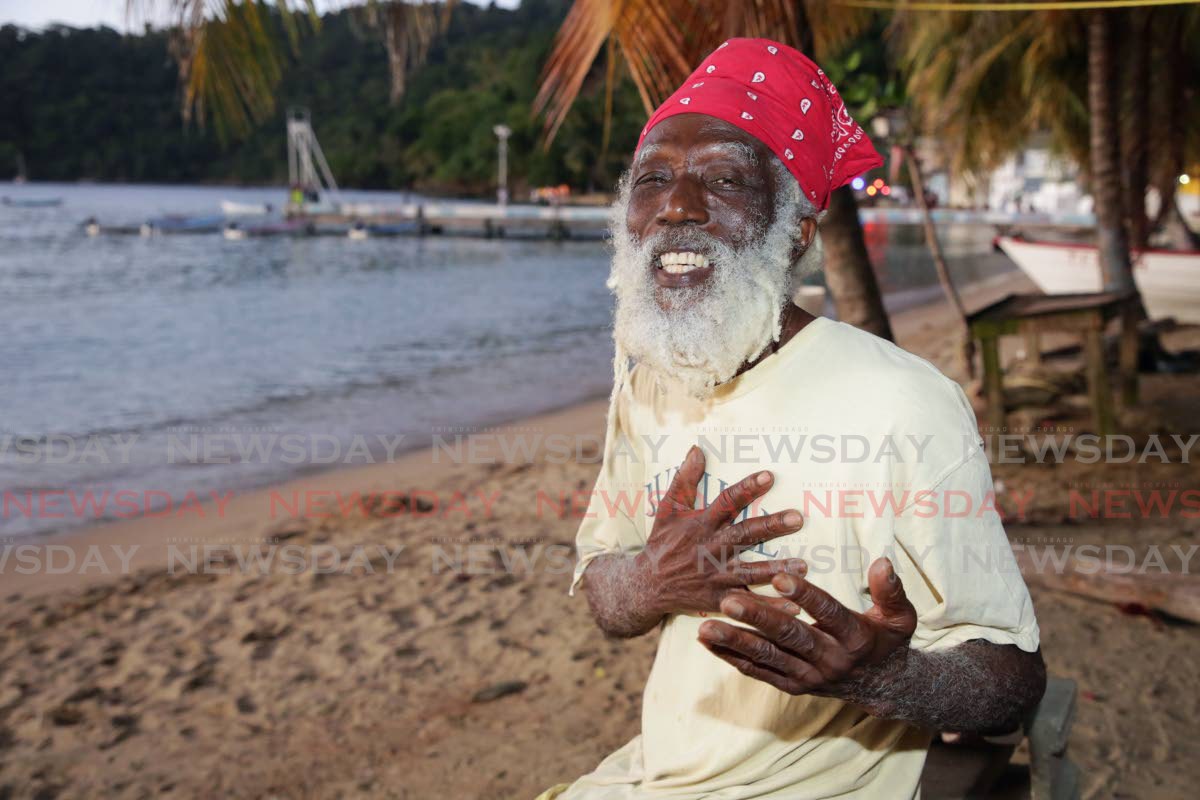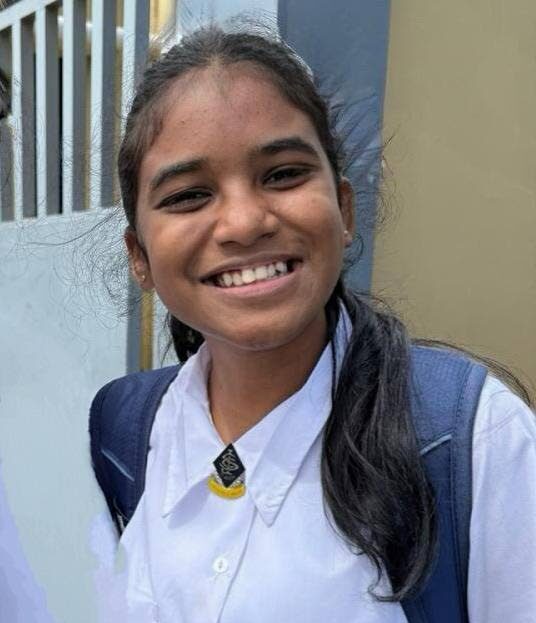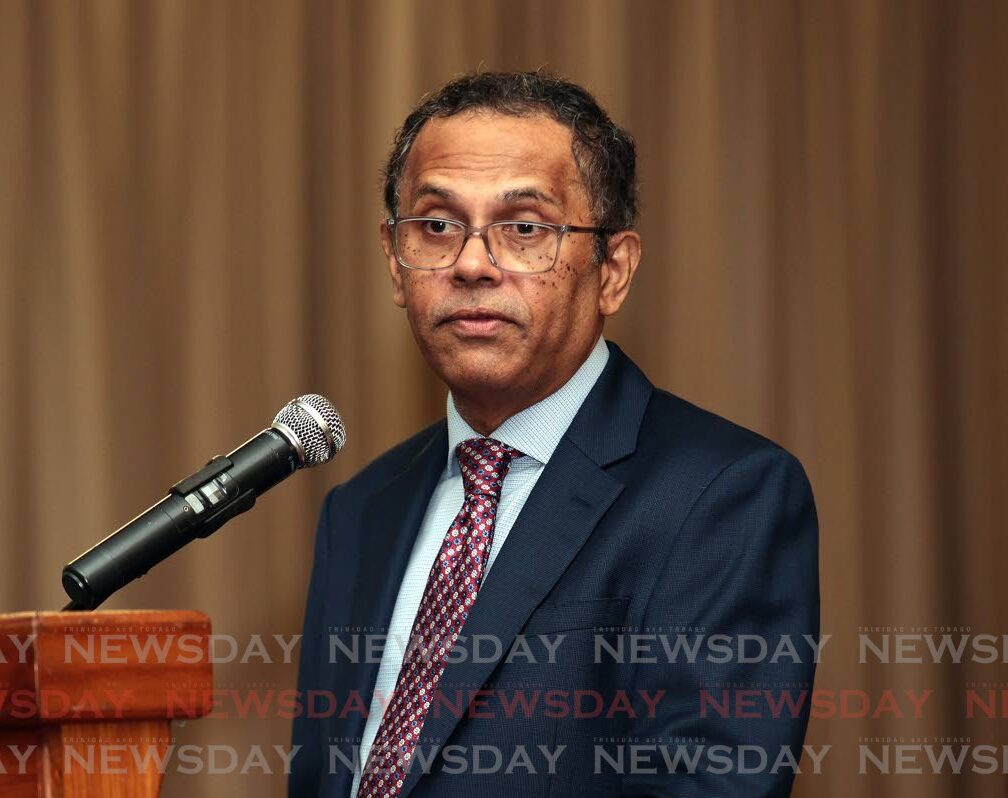In the serene fishing village of Charlotteville, Tobago, 69-year-old Rastafarian Irwin “Jaba” Hercules has emerged as an unexpected peace advocate, channeling personal tragedy into community transformation. Known locally as “I Lion Jaba,” the square-shouldered elder operates Ayo Restaurant while simultaneously serving as an informal conflict mediator for villagers grappling with disputes.
Hercules’ commitment to peace originates from profound personal loss. His son Ayo, then 25 and preparing to attend Boston University, was murdered in Trinidad years ago after inadvertently crossing paths with criminal elements. Rather than succumbing to bitterness, Hercules transformed his grief into a mission to prevent similar tragedies.
Together with cousin Winston Irving Sawyer Jr. in Canada, Hercules co-founded the Charlotteville Beachfront Movement—a community initiative focused on youth engagement through cultural events and economic opportunities. Their post-carnival festival provides free meals while showcasing local talent, representing what Hercules describes as “giving back to the community that has supported us.”
The movement specifically targets youth violence prevention through constructive alternatives. “Our young people tend to gravitate towards violence for some reason,” Hercules observes. “As elders, we’re trying to encourage them toward small businesses, agriculture—anything besides sitting on street corners daily.”
Hercules’ resilience stems from early hardship. Forced to abandon education at 13 after his father’s fatal car accident, he became primary caregiver for seven siblings when his mother suffered a breakdown. Through hunting, fishing, and eventually waterfront produce sales, he sustained his family in what he calls becoming a “force-ripped man.”
Now, his advocacy extends beyond local concerns to international affairs. Expressing concern over tensions between Trinidad and Tobago, Venezuela, and the US, Hercules declares: “I am totally for peace. Let’s stop these stupid wars and share love among one another. This place remains a zone of peace, and we want to keep it like that.”









